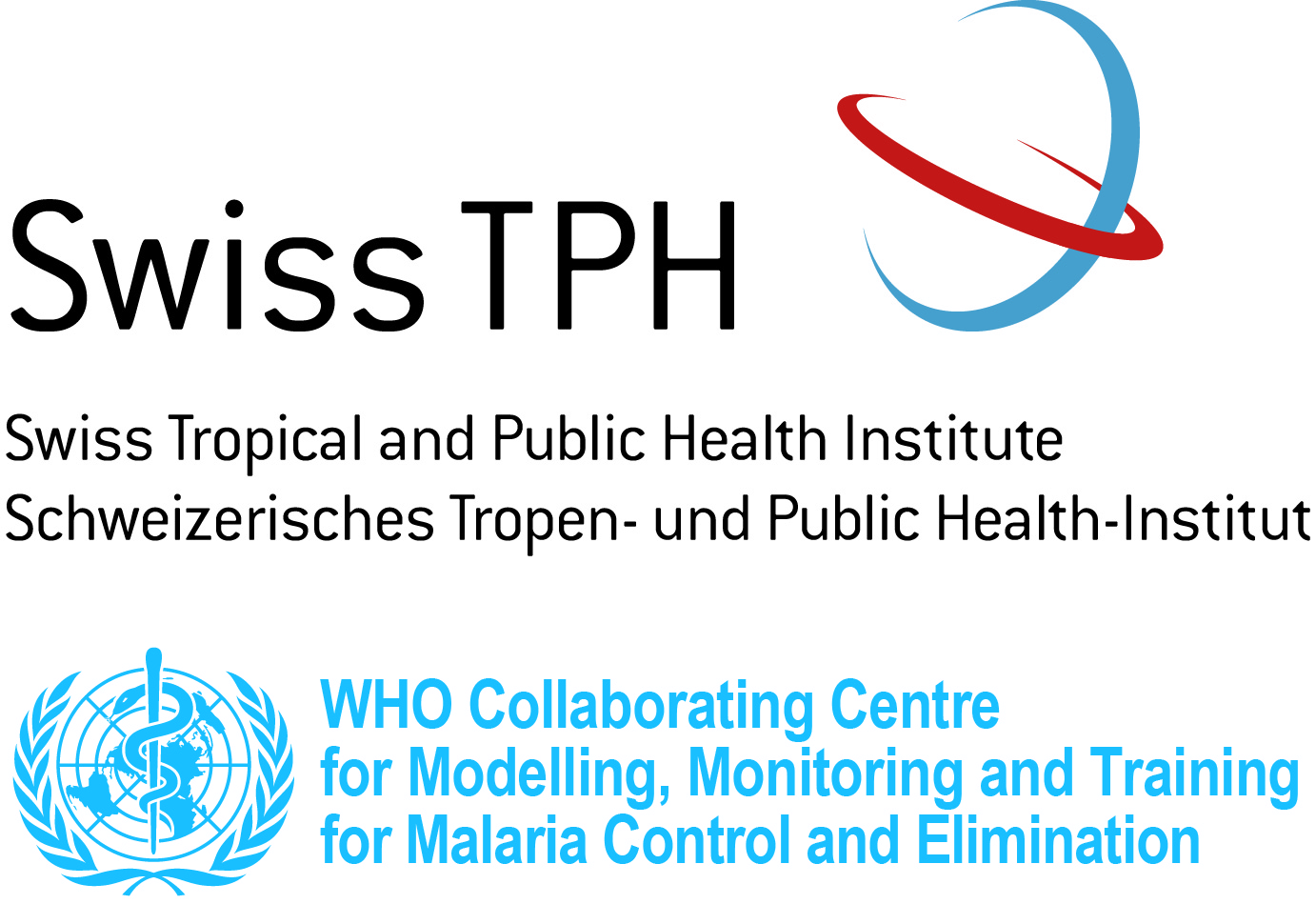WHO Collaborating Centre for Modelling, Monitoring and Training for Malaria Control and Elimination
Swiss TPH has been a WHO Collaborating Centre for Modelling, Monitoring and Training for Malaria Control and Elimination since 2017. This designation highlights the longstanding expertise and global leadership in applied malaria research and the institute’s strong partnerships with global and national institutions in support of malaria control and elimination efforts. As part of this role, Swiss TPH supports the World Health Organization in strengthening malaria control and elimination efforts through innovative modelling, the generation of evidence on malaria surveillance, and capacity building. The designation as WHO Collaborating Centre was renewed in March 2025 for another four years, reaffirming Swiss TPH’s ongoing commitment to the global fight against malaria.
An Expert Hub for Malaria
The WHO Collaborating Centre is administered by the Health Interventions Unit of the Department of Epidemiology and Public Health, drawing on the expertise and experience of several other groups and departments at Swiss TPH. Swiss TPH supports WHO’s work on capacity building, the evaluation of malaria routine and molecular surveillance, and modelling of malaria and intervention dynamics to strengthen effective malaria control and elimination worldwide.
The work of the Collaborating Centre focuses on the following three areas of activity:
1. Modelling of malaria and intervention dynamics
Swiss TPH supports WHO in using high-quality data and advanced modelling, particularly mathematical models developed and improved by Swiss TPH, to guide malaria-endemic countries in programmatic planning, targeting interventions, and setting strategic goals. This includes subnational risk stratification and impact projections to optimize resource allocation, evaluate new malaria control tools, and inform global malaria policy and innovation.
This work is undertaken primarily by the Disease Modelling Unit and the Health Interventions Unit.
2. Evaluation of routine and molecular surveillance
Swiss TPH supports WHO in strengthening malaria surveillance systems to guide effective control and elimination strategies. This includes assessing the quality and relevance of routine and molecular surveillance data, evaluating intervention impact, and informing subnational decision-making. Through the development and refinement of molecular techniques, Swiss TPH contributes to improved monitoring of drug resistance, detecting diagnostic challenges such as Pfhrp2/3 deletions, and distinguishing between new infections and treatment failures. This work helps WHO refine policies and technical guidance, especially in settings nearing elimination, by enhancing the accuracy of surveillance data and informing targeted response strategies.
This work is undertaken primarily by the Health Interventions Unit, the Disease Modelling Unit, and the Genotyping Group.
3. Capacity strengthening to support malaria control and elimination
Swiss TPH supports WHO’s efforts to strengthen capacities in malaria-endemic countries by contributing to training and capacity-building activities aligned with the Global Technical Strategy for Malaria 2016–2030. Swiss TPH provides technical input on training materials and helps deliver regional and national trainings on malaria epidemiology, modelling, and molecular surveillance, as requested by WHO. These activities aim to contribute to increasing relevant expertise in the health management workforce and accelerate progress toward malaria elimination.
This work is primarily undertaken by the Health Interventions Unit.

The WHO Collaborating Centre is based in the Health Interventions Unit at Swiss TPH.
Funders
Funding for the activities of the Collaborating Centre is provided by the Gates Foundation, Unitaid, The Global Fund to Fight AIDS, Tuberculosis and Malaria, Wellcome Trust, Innovative Vector Control Consortium, Clinton Health Access Initiative, Swiss Agency for Development and Cooperation, Swiss National Science Foundation, PATH Malaria Vaccine Initiative, Swiss Tropical and Public Health Institute, and the University of Basel.